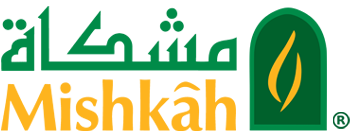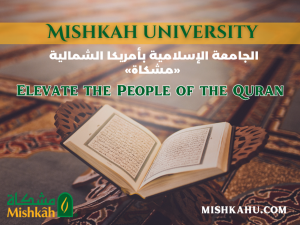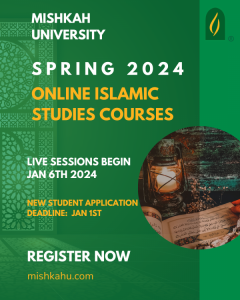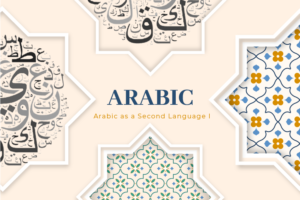STUDENT RESEARCH: Why Ordinary Muslims Should Comprehend Basic Concepts of Usul al-Fiqh by Ronney Abaza, M.D.
As part of the course requirements for most classes, Mishkah students are required to write a research paper or give an oral presentation at the end of each semester. This exercise is essential in enabling students to reexamine materials they have studied throughout the course and explore subjects of their interest in more detail. At the university level, mastering research skills and having the ability to consolidate information effectively is critical for all students. To highlight the work our students have done and to also encourage others in their work, we will occasionally feature student research papers selected by our instructors. Our first featured paper is by Dr. Ronney Abaza. It was submitted for the course Fundamentals of Fiqh, taught by Dr. Muhammad Rahawan.






